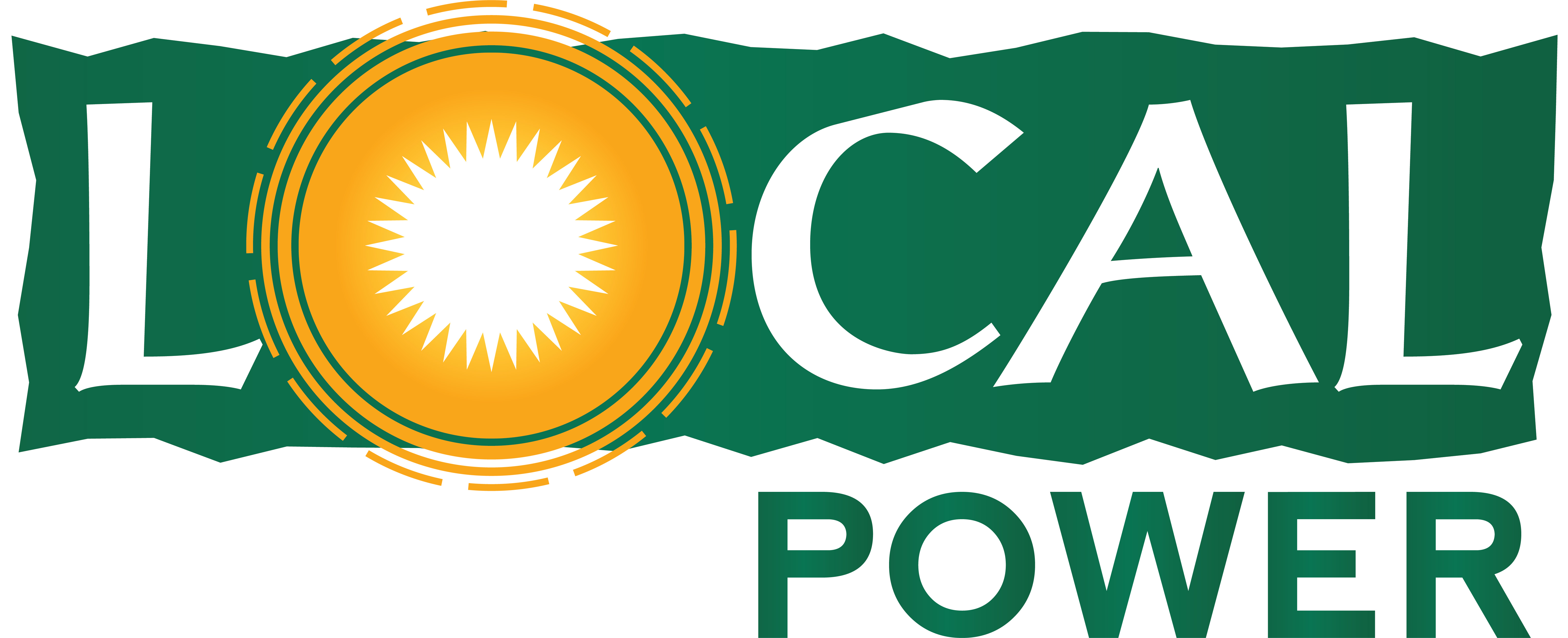Ireland’s solar energy sector is experiencing significant growth, driven by increased awareness of renewable energy benefits and governmental incentives. The country’s commitment to reducing carbon emissions and promoting sustainable energy sources has led to a surge in interest among homeowners, businesses, and agricultural sectors in installing solar photovoltaic (PV) systems. This green wave is part of Ireland’s broader strategy to meet its environmental targets and transition towards a more energy-efficient future. To aid with the demand, the Government made a change to planning permission requirements for solar panels in Ireland in October 2022.
Planning permission for solar panels on farms
For the agricultural sector, the rules around planning permission for solar panels on farms are particularly favourable. Farms can benefit from installing solar panels both on rooftops and as ground-mounted units, enhancing their energy independence and reducing operational costs. Under the new regulations, farm buildings can host rooftop solar panels without any need for planning permission, encouraging more farmers to adopt this sustainable energy solution. For larger installations or those in Solar Safeguarding Zones (SSZs), and ground-mounted panels, certain limitations apply, but generally, the process has been significantly streamlined to support agricultural sustainability efforts.
What are Solar Safeguarding Zones (SSZs)
Solar Safeguarding Zones (SSZs) represent a critical aspect of Ireland’s approach to integrating solar energy installations within national infrastructure, particularly focusing on aviation safety. These zones are designated areas around airports, helipads, and aerodromes where the potential for glint and glare from solar panels could interfere with aviation operations. The establishment of SSZs underscores the balance between promoting renewable energy adoption and ensuring the safety and efficiency of aviation activities.
The regulations within SSZs are tailored to mitigate any risk that solar installations might pose to aviation, without significantly hindering the deployment of solar energy solutions. Within these zones, rooftop solar PV developments are subject to a restriction limiting their area to a maximum of 300m². This limitation is designed to prevent any adverse effects on aviation while still allowing for substantial solar installations that can meet the energy needs of most buildings within these zones.
For larger buildings or facilities within SSZs that require more extensive solar energy capacity, the regulations provide a pathway to seek planning permission for installations exceeding the 300m² limit. This ensures that even in sensitive areas, businesses, industrial facilities, and other entities can explore solar energy options that align with their specific energy requirements.
Importantly, these restrictions apply on a per-building basis, allowing for flexibility in larger complexes or industrial sites with multiple structures. Each building can potentially host up to 300m² of solar panels without the need for planning permission, facilitating a more comprehensive adoption of solar energy across various sectors.
Planning permission for solar panels on businesses
Businesses, including industrial premises, community facilities, and sports grounds, are also beneficiaries of the relaxed planning permission rules for commercial solar panel installations. The aim is to promote energy self-sufficiency and reduce the carbon footprint of businesses across various sectors. Most business-related buildings are exempt from requiring planning permission for solar panels, facilitating a smoother transition to green energy. However, in SSZs, there are specific restrictions regarding the scale of solar PV systems, yet these are designed to be accommodating to most business needs.
Planning permission for solar panels on homes in Ireland
For homeowners in Ireland, the updated regulations are a game-changer. The majority of residential properties can now install rooftop solar panels without navigating the complexities of planning permission. This significant shift aims to make solar energy more accessible to the general public, encouraging widespread adoption. Whether in urban or rural areas, houses are no longer subject to stringent limits on the size of solar PV systems. Essentially homes in Ireland, regardless of size or location can install unlimited solar panels on their roofs without the need for planning permission. Additionally, for those considering ground-mounted solar panels, the rules are equally accommodating, allowing for a substantial installation size without the need for planning permission.
Summary
Ireland’s approach to planning permission for solar panels marks a progressive step towards promoting renewable energy across different sectors. By simplifying the process and removing many of the bureaucratic hurdles, the government aims to encourage the widespread adoption of solar energy. This move not only supports Ireland’s environmental goals but also offers economic benefits to homeowners, farmers, and businesses. As the country continues to advance its green agenda, the solar industry is set to play a pivotal role in Ireland’s energy landscape, driving sustainability and innovation in the years to come.
If you are interested in solar panels on your farm, business or home, contact Local Power for a free, no obligation quote.


